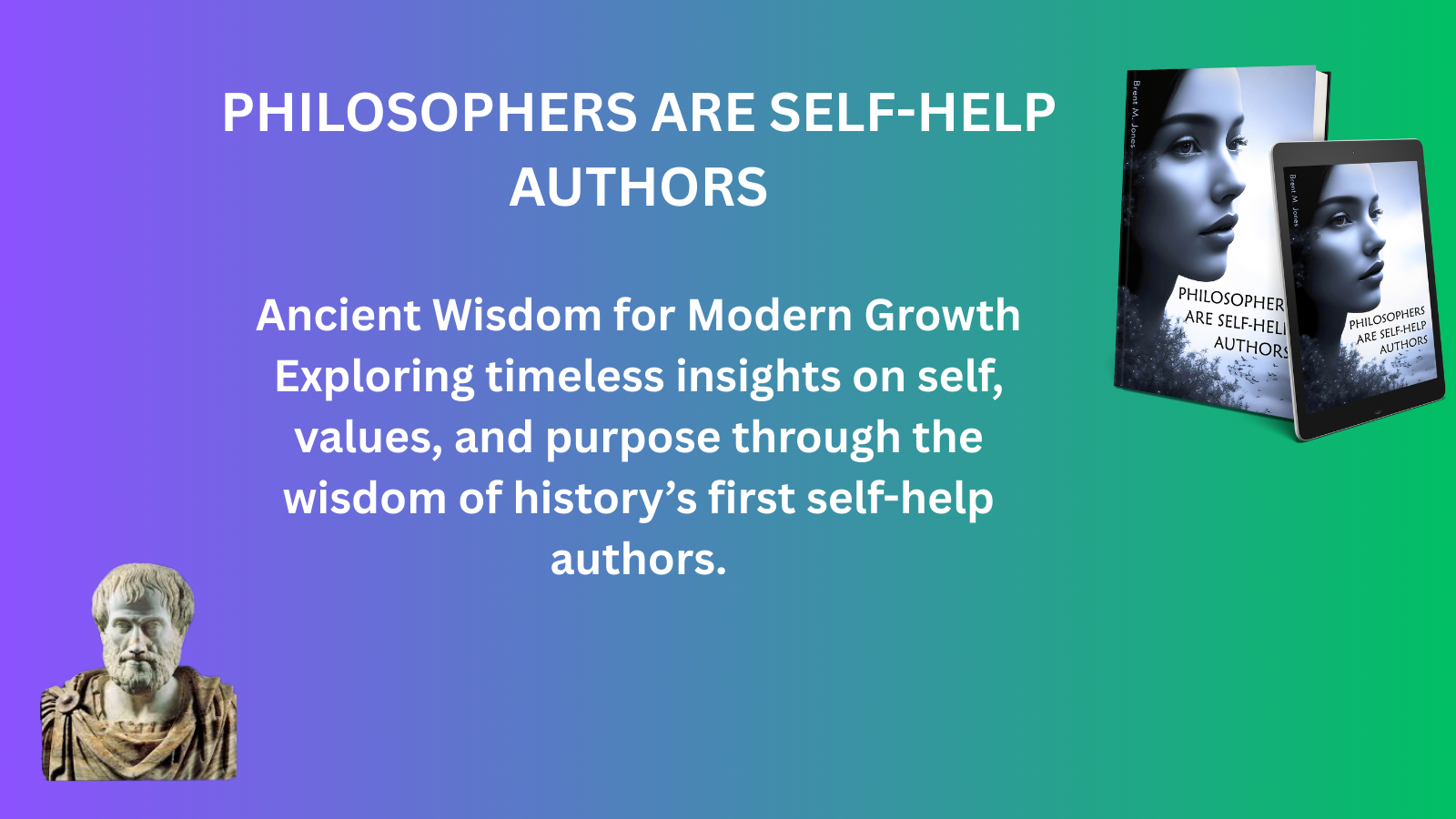Chapter Highlight: Socratic Irony and the Strategy of Feigned Ignorance
Chapter Highlight: Socratic Irony and the Strategy of Feigned Ignorance
From the book: Philosophers Are Self-Help Authors by Brent M. Jones
Did Socrates fake ignorance… on purpose?
Chapter 2 explores the concept of Socratic irony—a rhetorical method where Socrates would pretend not to know the answer in order to encourage deeper thought from others. At its best, this approach created a space for meaningful dialogue, inviting others to articulate and defend their beliefs.
But feigned ignorance wasn’t always used so nobly. Even in ancient times, it could be a strategy for manipulation—used to avoid accountability, confuse the conversation, or gain the upper hand in negotiation. It reminds us that wisdom and persuasion often walk a fine line.
Understanding this duality gives us a deeper appreciation of how communication, then and now, can both enlighten and influence. As we examine the roots of self-help and personal growth, it becomes clear that some of the tools we use today were already in the hands of philosophers centuries ago.
📘 Explore more in Philosophers Are Self-Help Authors —available now on Amazon.
The Self is a Starting Point for Philosophy →
PHILOSOPHERS ARE SELF-HELP AUTHORS
The world of self-help literature has experienced a significant surge in popularity in recent decades. People have sought guidance, motivation, and techniques to lead happier, more fulfilling lives. While modern self-help authors have made significant contributions to this genre, it is essential to recognize that the roots of self-help and personal development extend back into antiquity.
Read morePhilosophers are Self-Help Authors - About the Book
Philosophers are Self-Help Authors






